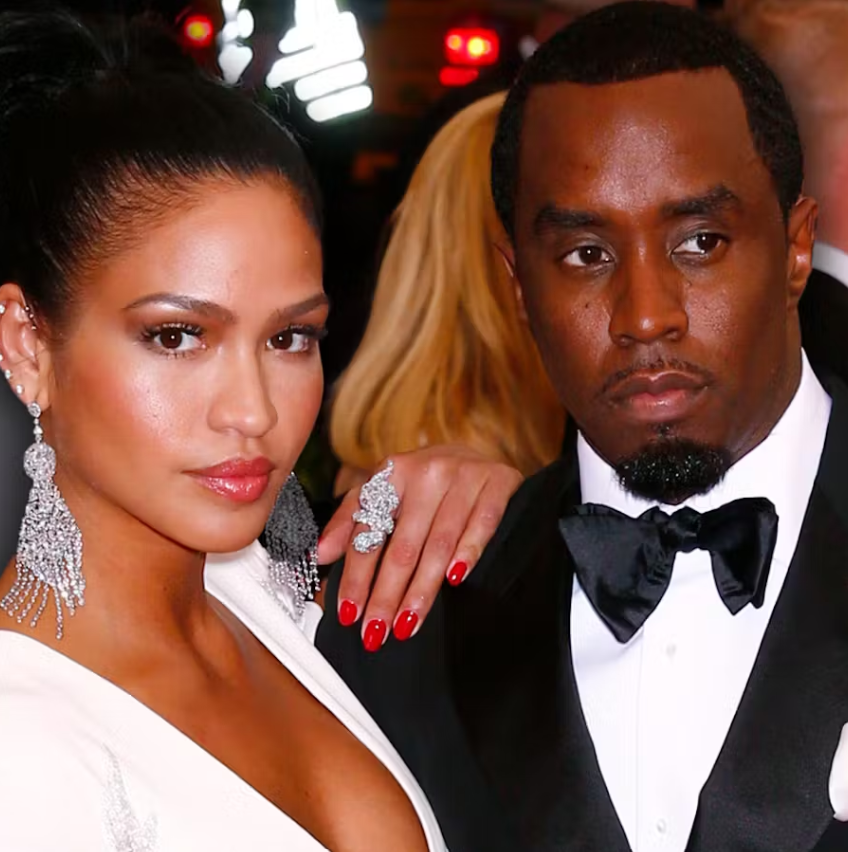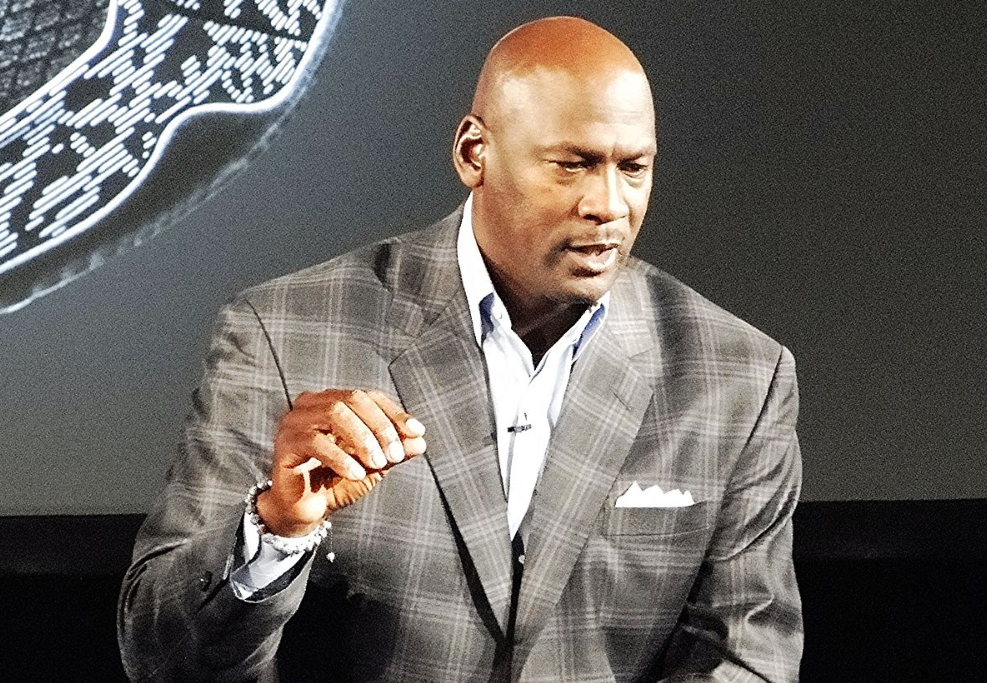In a candid revelation on the podcast “Where There’s a Will, There’s a Wake,” hosted by Kathy Burke, singer Lily Allen shared a rather unconventional request for her eventual farewell: she wishes to be buried with her phone. This unique desire stems not from a whimsical attachment to her device, but rather a concern for privacy regarding the contents of her phone, which includes a notably “dark” history of adult searches.
Lily Allen’s openness on the podcast, which often explores celebrity thoughts on mortality and posthumous wishes, highlights her humorous yet earnest approach to what many might consider embarrassing personal details. She joked about ensuring her phone’s burial alongside her, humorously exaggerating that her coffin might just be filled with Apple devices rather than her body. This lighthearted take on her digital privacy reflects a broader, often unspoken, reality about personal secrets that many would prefer to keep undisclosed after their passing.
Allen’s candid discussion extends beyond mere shock value, delving into the nuances of digital legacy and privacy. In an age where digital footprints are extensive and potentially indelible, the notion of burying one’s phone suggests a literal interpretation of taking secrets to the grave. This raises pertinent questions about the boundaries of privacy in a digital era and how one’s digital history can affect others posthumously.
Moreover, Allen’s discussion on the podcast also touched on lighter and more personal aspects of her life, from her children’s inheritance to humorous anecdotes about her personal life, including a fleeting encounter with Oasis’s Liam Gallagher. Her straightforwardness provides a peek into the complexities of public life and personal identity, especially as viewed through the lens of celebrity.
While some may find Allen’s burial wish for her phone amusing, it also invites reflection on the broader implications of our digital lives. As digital natives age and societal norms evolve, conversations about digital legacies are becoming increasingly crucial, not just for celebrities but for anyone navigating the interplay between public personas and private lives in the digital realm. Allen’s frankness in such discussions paves the way for more open conversations about these often-taboo subjects.




